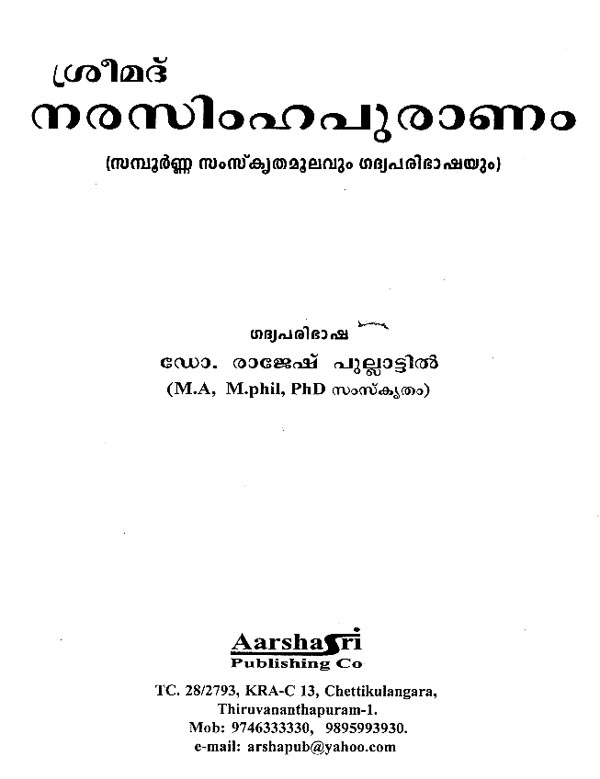
Promising to discuss the rumors around town of Sri Venkatanatha's impending progression into sanyasa in the morning, they went to sleep. In these circumstances, Sri Venkatanatha returned home with a heavy heart which did not go un-noticed by Saraswathi Bai who expressed concern at this conflux. Again Sri Venkatanatha was reluctant, but decided to pore over the suggestion after Sri Sudheendra Tirtha apprised him of a vision of Lord Sri Rama himself gracing his choice of Sri Venkatanatha as the right person to perform the Sri Moola Rama pooja. īut as soon as Sri Yadavendra departed for his yatra, Sri Sudheendra Tirtha's health began worsening and with no sign of the return of Sri Yadavendra Tirtha, he again turned to Sri Venkatanatha to take over the rituals of performing Sri Moola Rama pooja. This meant that though Sri Yadavendra Tirtha was anointed to perform the Sri Moola Rama Puja, he never did so, during the time of Sri Sudheendra Tirtha. Hence, Sri Sudheendra Tirtha appointed another disciple, Sri Yadavendra to perform the Sri Moola Rama pooja, and gave him permission to tour the country, once his own health started improving. The aging pontiff of the Sri Mutt, Sri Sudheendra Tirtha wished to anoint Sri Venkatanatha to perform Sri Moola Rama pooja but Sri Venkatanatha was hesitant to give up his responsibilities to his wife and son. Sri Venkatanatha's mastery and expertise was well known and he was very renowned wherever he went. The worries of Saraswathi Bai centering around fending for their child Lakshmi-narayana, the family moved to Kumbakonam to serve Sri Mutt and improve their lot. Virtually, every day was fasting with all members skipping at least one meal, if not more. The son almost always never had any clothes to wear. The penury of the Venkatanatha family was such that each one had just one garment to wear, which they would wash in parts, let it dry, wear it, wash the remaining portion of the garment and then drape it. This worked and everyone assembled prostrated in forgiveness to Sri Venkatanatha. When Venkatanatha was asked about this, he profusely apologized that he mistakenly chanted Agni Suktam (prayer to the god of fire, Agni) while grinding the sandalwood paste and offered to prepare it again, this time chanting Varuna Suktam (prayer to god of the waters) while doing so, as water is an antidote to fire. Sri Venkatanatha began doing so and when the sandalwood paste was given to all, it caused a burning sensation in everybody instead of its organic quality of cooling down the body on consumption. Not seeing beyond his penurious appearance, a guest there told him to make some sandalwood paste for the assembly in lieu of food. On one such trip, he took a break at a village where a feast was underway. This put the family of three in tough circumstances materially, warranting that Sri Venkatanatha make trips to Kumbakonam to the Mutt.

He was leading a very simple life with his wife, teaching Vedas to students, and taking as remuneration only that which was given voluntarily by students on the grounds that it would tantamount to pricing Goddess Saraswathi were he to put a price on his teachings. Sri Raghavendra Swami, born Venkatanatha, and many honorific titles such as Parimalacharya in recognition of his immense depth of knowledge of Shaastras, Vedas and other complex philosophical concepts, remained with the then pontiff of Sri Mutt, Sri Sudheendra Tirtha for a year at Kumbakonam, which was then the headquarters of the Sri Mutt, before returning to Bhuvanigiri to take care of his wife Saraswathi Bai and son Lakshmi-narayana. Venkatanatha's education was undertaken by his brother-in-law Lakshmi-narasimhacharya at Madurai, after the early demise of his father, and he was subsequently married. Venkatanatha had two siblings-Gururaja and Venkatamba. After the fall of the Vijayanagara empire, Thimmanacharya migrated to Kanchi with his wife Gopikamba. His great-grandfather Krishna Bhatta was a tutor to the Vijayanagara king Krishnadeva Raya, his grandfather was Kanakachala Bhatta and his father Thimmanna Bhatta (also known as Thimmannacharya) was an accomplished scholar and musician.


Sri Raghavendra Swami was born as Venkatanatha in the town of Bhuvanagiri, Tamil Nadu into a Deshastha Madhva Brahmin family of Gautama Gotra of musicians and scholars after blessings from Lord Venkateshwara. 3 Conversation with Sir Thomas Munroe in 19th century.


 0 kommentar(er)
0 kommentar(er)
